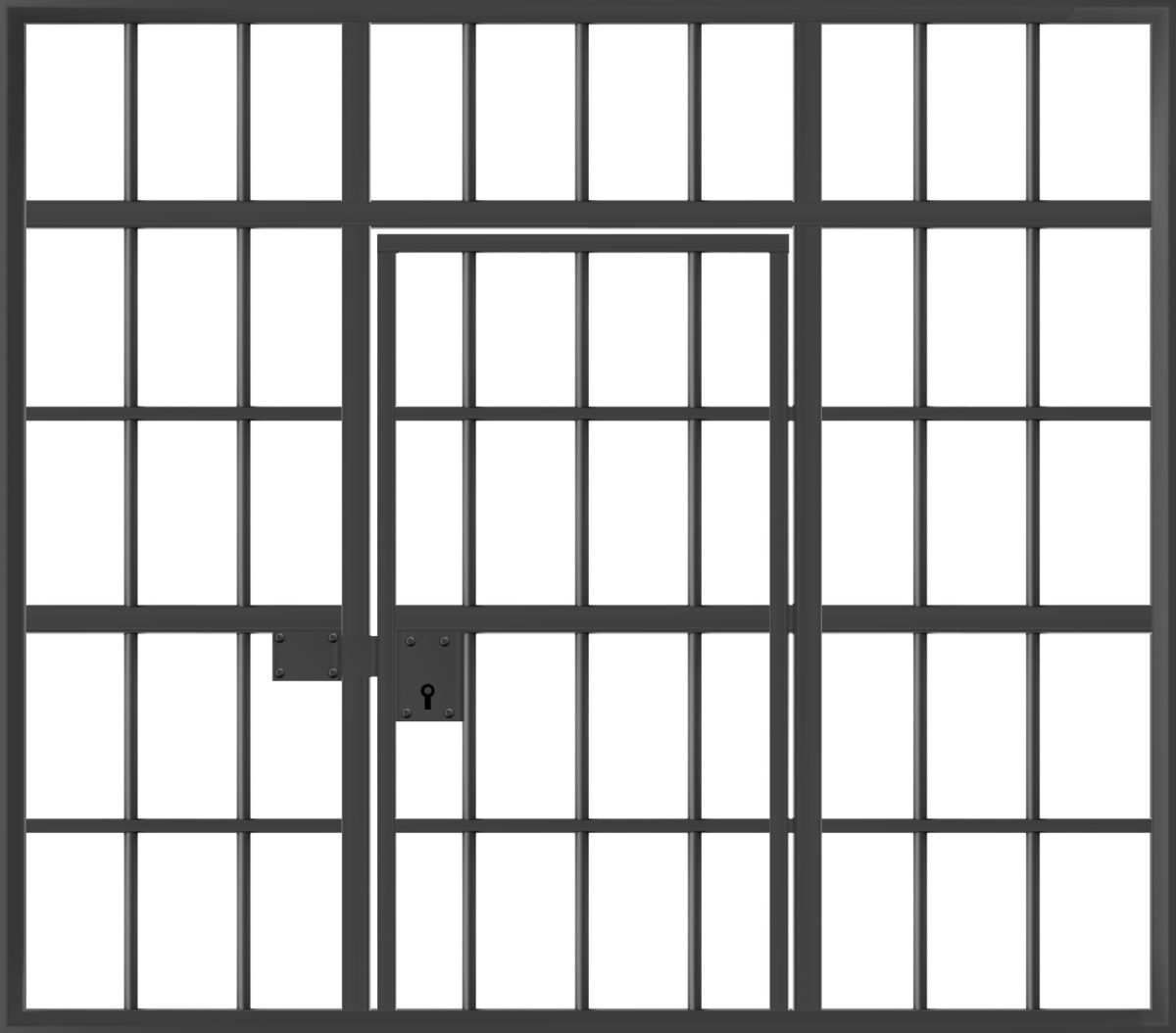

President Obama’s State of the Union address was a beautifully delivered speech promising warranted reforms and progressive initiatives that I believe would benefit this country immensely. I also believe that most of it will never come to fruition.
Five years ago, Barack Obama entered the White House with dreams of sweeping reforms after eight years of conservative lawmaking. The day of this address he woke up to gridlock in the House and a Republican party threatening to take control of the Senate after the mid-term elections later this year.
Underneath the relaxed temperament and calculated tone displayed during the address is a man intensely worried about the future of his presidency. His willingness to resort to executive orders is a quiet confession of his limited ability to push legislation through Congress.
With Congress becoming increasingly focused on the upcoming election cycle, executive orders may be the only way the president might be able to progress an agenda. If that is the path the president chooses to take, he will find himself confined by the limited scope of the executive.
An executive order does not create legislation. Without the support of Congress, the president cannot hope to fix his healthcare law, increase the minimum wage or reform the nation’s tax laws. Most importantly, an executive order is not binding. If a Republican is elected after the next presidential election, there is little doubt Obama’s orders would be struck down.
Republicans are already criticizing Obama’s emphasis on executive action. They are ready to tell the Republican base that Obama is trying to grab power and ignore the constitutional limits of the executive.
Just hours before the speech, House Speaker John Boehner said “We’re going to watch very closely because there’s a Constitution that we all take an oath to, including him, and following that Constitution is the basis for our Republic and we shouldn’t put that in jeopardy.”
Although his fellow Democrats have shown support for the president using executive orders, this only defends the opinion of existing Democrats from the negative press he would receive from Republicans. The last thing Obama would like to do now is further damage his approval ratings with moderates and conservatives.
President Obama is in a difficult spot: either he must compromise his reputation through the use of executive action or be remembered for his inactivity. While there is always the possibility of an unforeseen solution to the gridlock in the House, for now I am worried about the legacy of Barack Obama.











